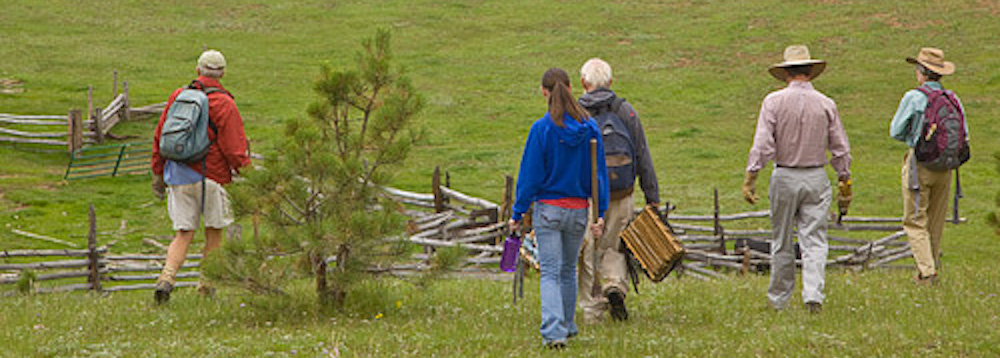
From the shadowed depths of canyons to the sun-scorched desert and the snowy peaks, the varied elevations and climates found on the Colorado Plateau are home to incredible biological diversity. This diversity is reflected in collected by MNA biologists during the course of their research
Because the elevation changes so dramatically in a short distance, early scientists were able to make important observations about how ecosystems relate to climate and elevation. In 1889, C. Hart Merriam and his expedition conducted extensive ecological surveys of the Colorado Plateau and developed the Life Zone theory. MNA biologists and ecologists continue to build on this seminal body of knowledge to understand the biota of this wonderfully diverse landscape.
Current Projects

Plant Atlas
The Plant Atlas Project of Arizona (PAPAZ) works to document the floristic diversity of Arizona by collecting plant specimens and providing more accurate and detailed geographic information.
Learn More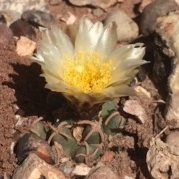
Peeble Navajo Cactus
Peebles Navajo Cactus is a small, solitary cactus found only in Navajo County, Arizona. MNA tracks the populations of the cactus each spring with range-wide surveys, monitoring, and pollination studies.
Learn More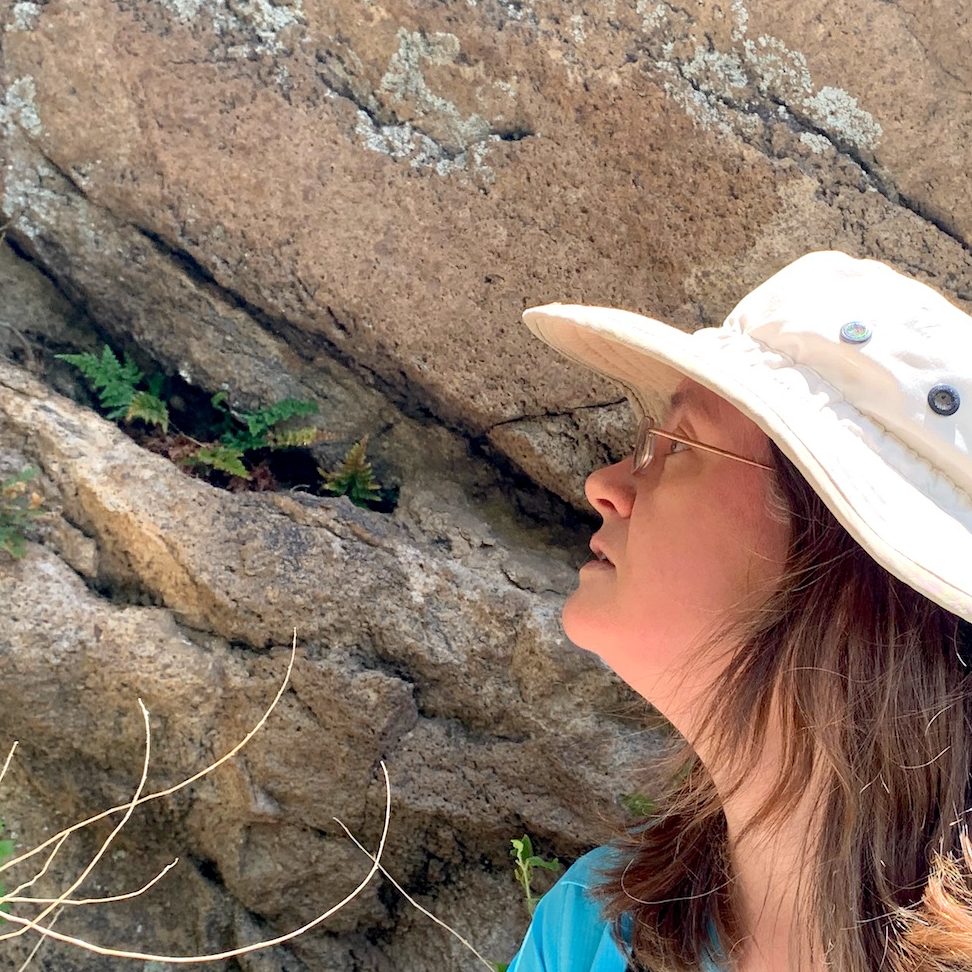
Rare Plant Monitoring
People like you have been helping to track down rare plants last spotted in the area more than a decade ago. In 2020 the volunteers found 5 of the 10 rare plants and this summer the search continues.
Learn More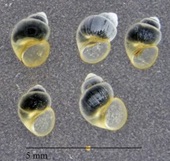
Springsnail Conservation
The states of Nevada and Utah contracted with MNA SSI to develop a plan for the largest springs conservation project in the world. It involves conservation planning for 103 tiny, site-specific and unique springsnail species among as many as 10,000 springs across the two states.
Learn More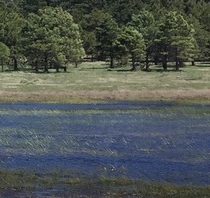
Forests Restoration Initiative
This 5-year MNA-SSI project tests the hypothesis that improved forest management will result in enhanced groundwater infiltration and springs flow on National Forest Service lands in northern Arizona.
Learn More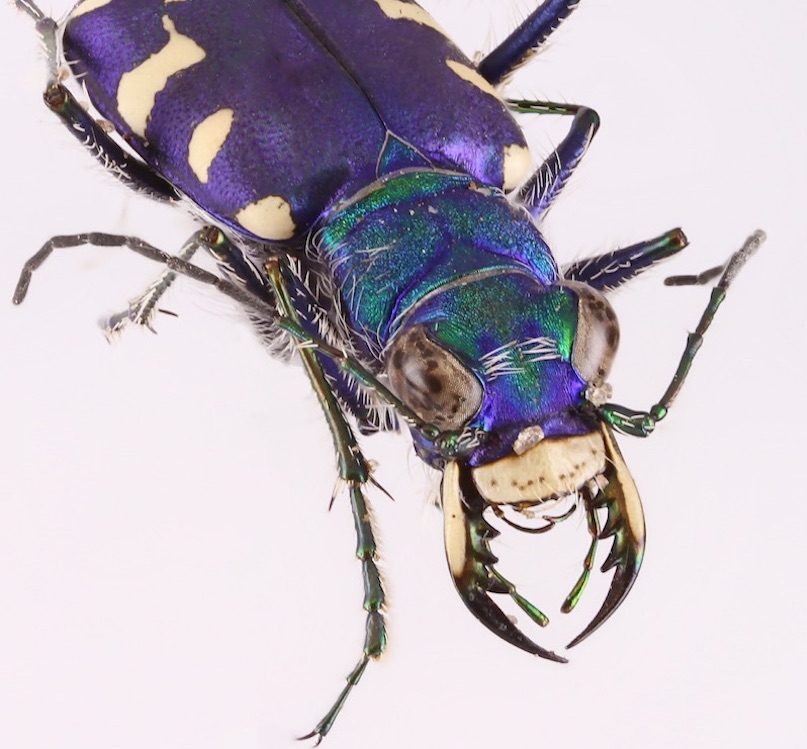
Biodiversity of the Colorado Plateau
MNA biologists have created an online database for the museum’s extensive invertebrate collection. So far it contains 118,562 records for 3,230 taxa, all searchable and georeferenced, along with observations and notes amassed by Dr. Larry Stevens.
Learn MorePublications
An urgent plea for global spring ecosystem protection.
Cantonati, M., R. Fensham, L. Stevens, R. Gerecke, D. Glazier, N. Goldscheider, R. Knight, J. S. Richardson, A. E. Springer, and K. Töckner. Conservation Biology, In press.
Springs ecosystem classification
Stevens, L.E., E.R. Schenk, and A.E. Springer. Ecological Applications. In press.
Multiplicity, characteristics, main impacts, and stewardship of natural and artificial freshwater environments: Consequences for biodiversity conservation
Cantonati, M., S. Poikane, C.M. Pringle, L.E. Stevens, E. Turak, J. Richardson, T. Zohary, A. Borrini, M. Čtvrtlíková, D.M.P. Galassi, A.A. Saber, M. DiCicco, B. Fiasca, J. Kubečka, L. Naselli-Flores, and P. Znachor. 2020. Water 12 :260/
View PublicationOases of the future? Evaluating springs as potential hydrologic refugia in drying climates
Cartwright, J.M., K.A. Dwire, Z. Freed, S.J. Hammer, B. McLaughlin, L.W Misztal, E.R. Schenk, J.R. Spence, A.E. Springer, and L.E. Stevens. Frontiers in Ecology and the Environment 18:245-253.
View PublicationDesert oasis springs: ecohydrology, biocultural diversity, mythology, and societal implications
de Grenade, R. and L.E. Stevens. 2020. Pp. 36-46 in Goldstein et al. editors. Encyclopedia of the World’s Biomes 2, Elsevier.
An Inventory of springsnails (Pyrgulopsis spp.) in and adjacent to the Spring Mountains, Nevada
McKelvey, C., Kollstrom, C., and J.D. Ledbetter. 2020. Western North American Naturalist 80, Article 6.
View PublicationThe Arroyo Willow Stem-galling Sawfly, Euura lasiolepis (Hymenoptera: Tenthredinidae): A pictorial life history
Price, P.W. and G.D. Alpert. American Entomologist, Summer 2020:34-39.
The impacts of tree stand thinning on groundwater recharge in aridland forests
Schenk, E.R., F. O’Donnell, A. E. Springer, and L.E. Stevens. 2020. Ecological Engineering 145 : 105701 (11 pp)
View PublicationThe springs biome, with an emphasis on arid regions
Stevens, L.E. 2020. Encyclopedia of the World’s Biomes 2:354-370.
View PublicationBenthic discontinuity between an unregulated tributary and the dam-controlled Colorado River, Grand Canyon, Arizona, USA
Stevens, L., J. Holway, and C. Ellsworth. 2020. Annals of Ecology and Environmental Science 4:33-48.
Dragonflies and damselflies of Grand Canyon
Stevens, L.E., R.A. Bailowitz, and D. Danforth. 2020. Museum of Northern Arizona Springs Stewardship Institute, Flagstaff.
Springs and springs-dependent taxa in the Colorado River Basin, southwestern North America: geography, ecology, and human impacts
Stevens, L.E., J. Jenness, and J.D. Ledbetter. 2020. Water 12, 1501;
View PublicationRiparian research and management: Past, present, future, Volume 2
Stevens, L.E., R.R. Johnson, and C. Estes. 2020. Pp. 80-137 in Johnson, R.R., S.W. Carothers, D.M. Finch, K.J. Kingsley, and J.T. Stanley, editors. Riparian research and management: Past, present, future, Volume 2. U.S. Department of Agriculture, Forest Service, Rocky Mountain Research Station General Technical Report RMRS-GTR-303, Ft. Collins.
Denrochronological assessment of spring flow on ponderosa pine growth
Fuchs, L., L.E. Stevens, and P.Z. Fule. 2019. Forest Ecology and Management 435:89-96.
Springs ecosystems: vulnerable ecological islands where environmental conditions, life history traits, and human disturbance facilitate non-native plant invasions
Nielson, K., K.M. Gill, A.E. Springer, J.D. Ledbetter, L.E. Stevens, and S.B. Rood. 2019. Biological Invasions pp. 1-19:
View PublicationBest Tent Camping: Arizona, Your Car-Camping Guide to Scenic Beauty, the Sounds of Nature, and an Escape from Civilization
Phillips, K.O. and K. Phillips. Menasha Ridge Press, 2019.
View PublicationWetland and Stream Rapid Assessments: Development, Validation, and Application
Paffett, K., L.E. Stevens, and A.E. Springer. 2018. Pp. 475-487 in Dorney, J., R.W. Tiner, R. Savage, and P. Adamus, editors. Wetland and Stream Rapid Assessments: Development, Validation, and Application. El Sevier, London.
Vascular plants of Arizona: Phrymaceae
Hansen, K., E. Johnson, K.O. Phillips, J. Talboom and T. Ayers. Canotia 12, 1-21, 2016.
